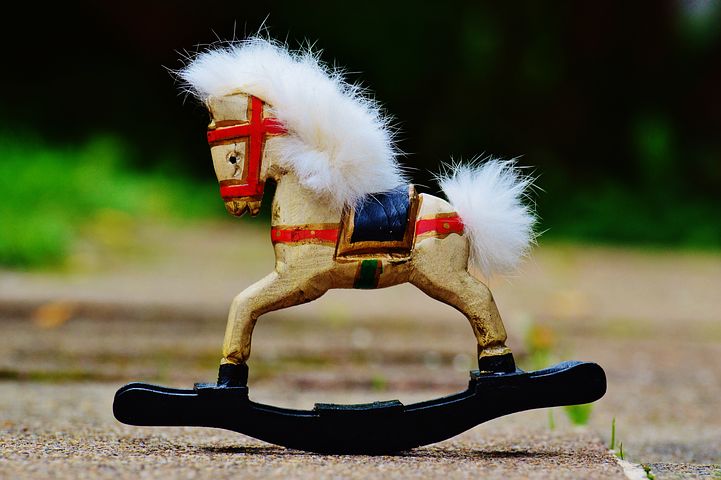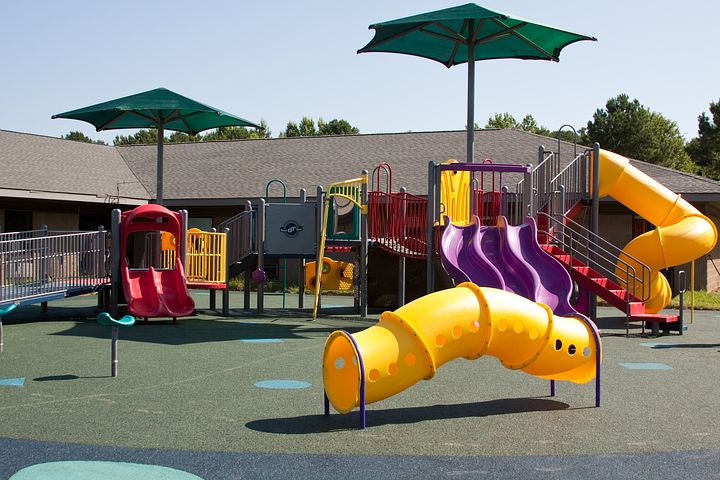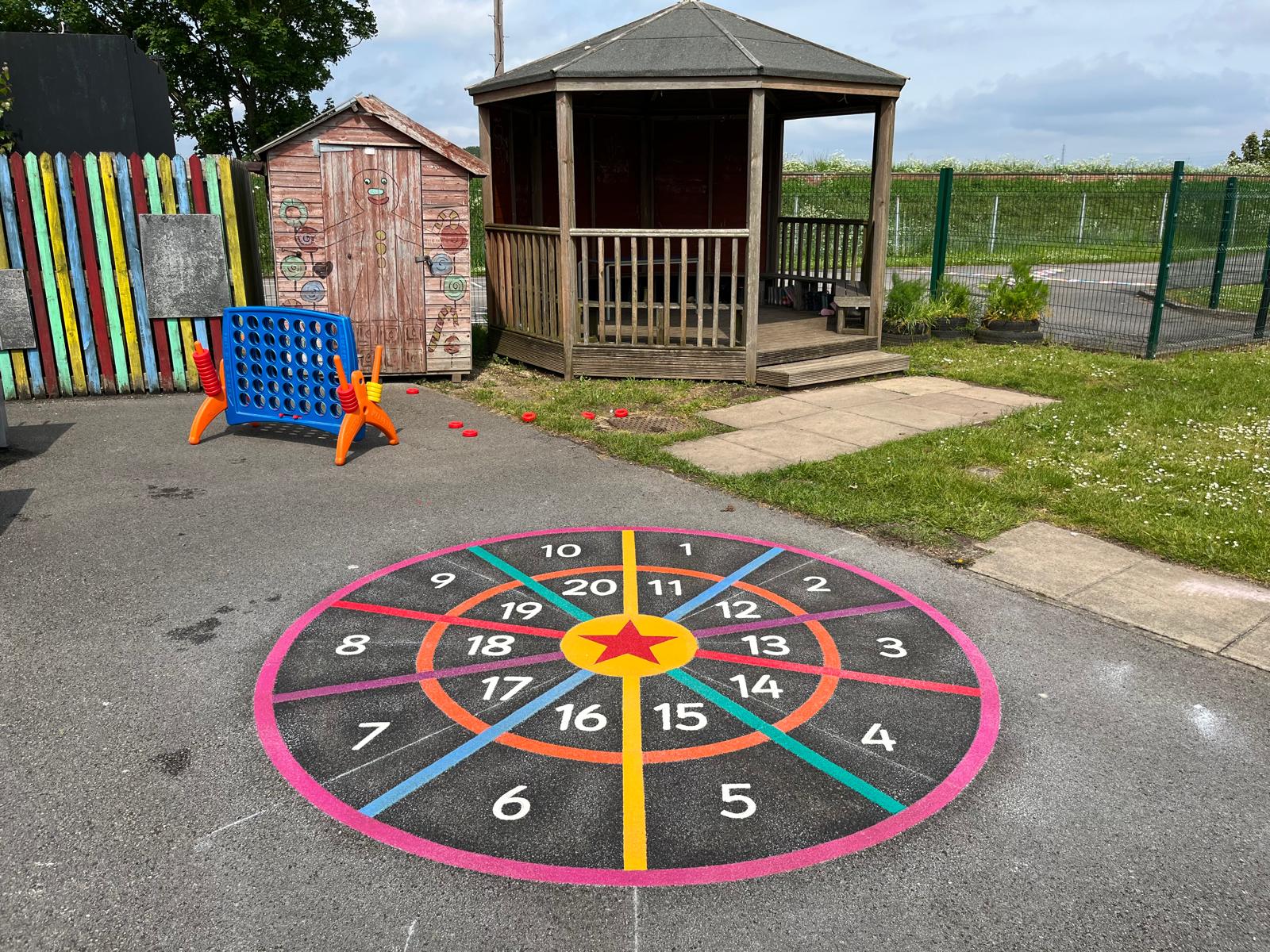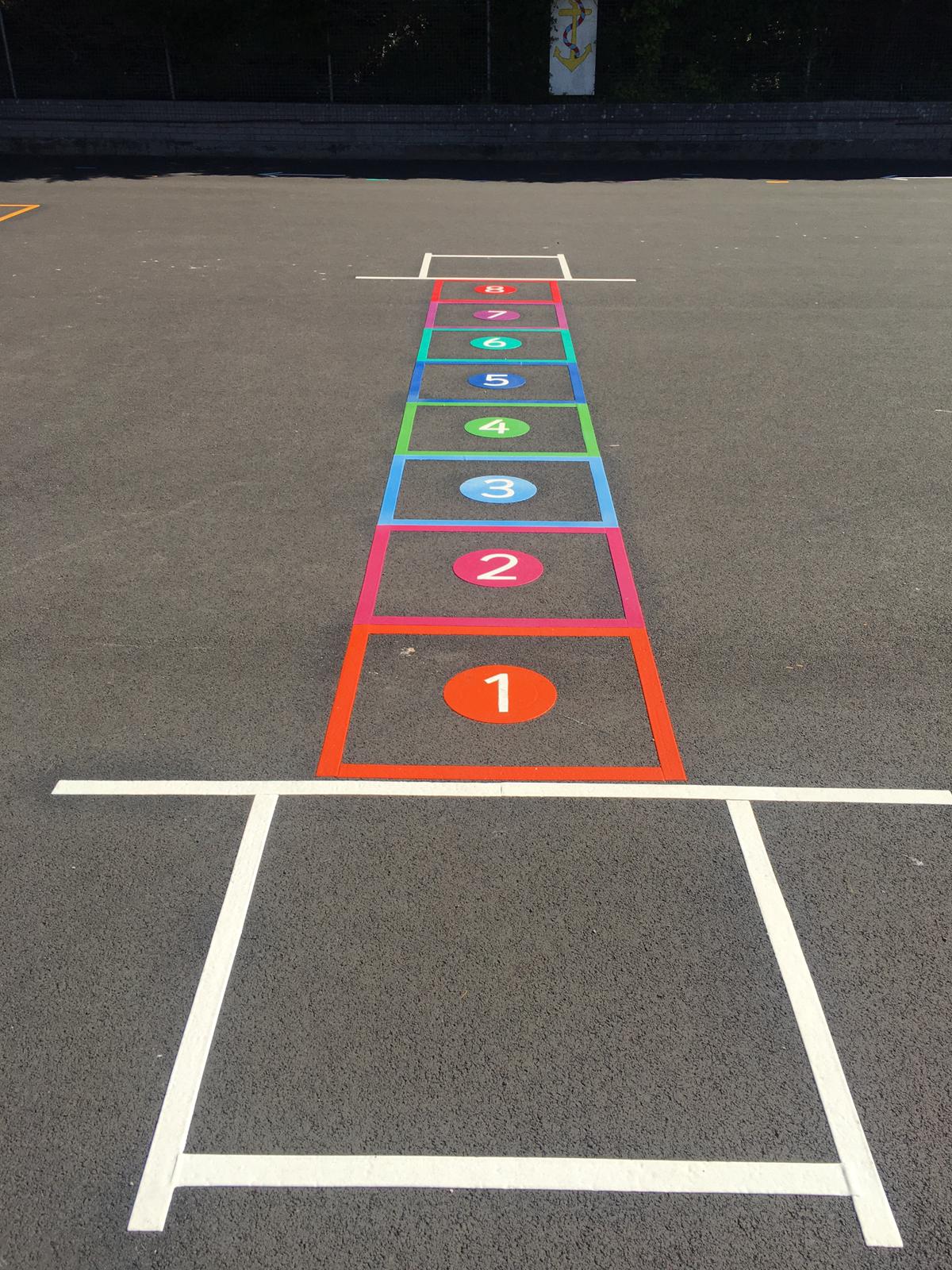French Playground Games to Teach Your Kids
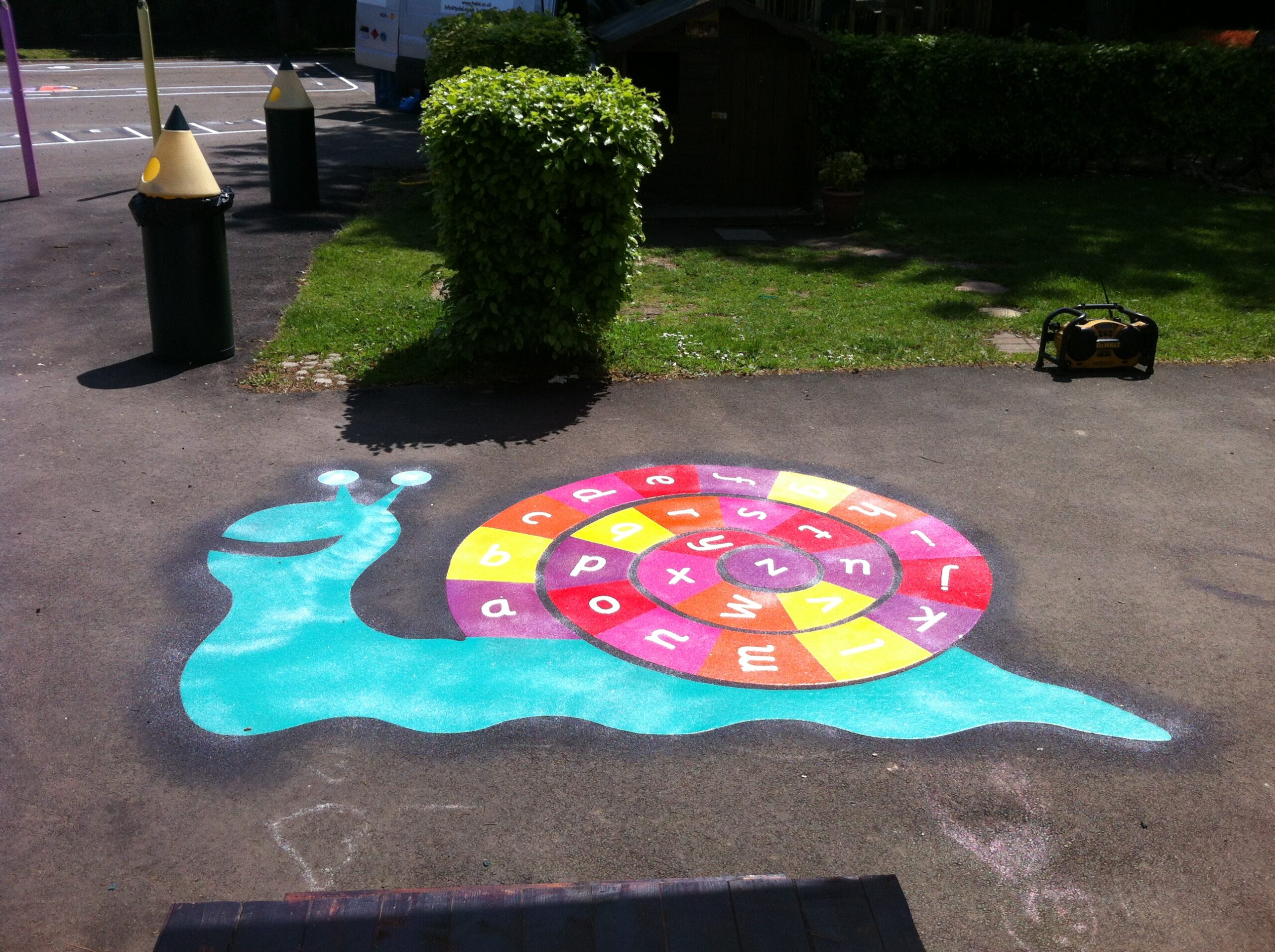
If you’re finding it difficult getting your kids to engage with French lessons (the language, the culture, etc.), or if you simply want to try a new way of getting them interested, why not consider teaching them some French playground games as part of your plan?
We’ve made a list of some of the most popular games that children play across France for you to choose from here. Explore the suggestions and pick out the ones you feel will have them looking forward to their next language lesson!
Traditional French Playground Games for All Ages
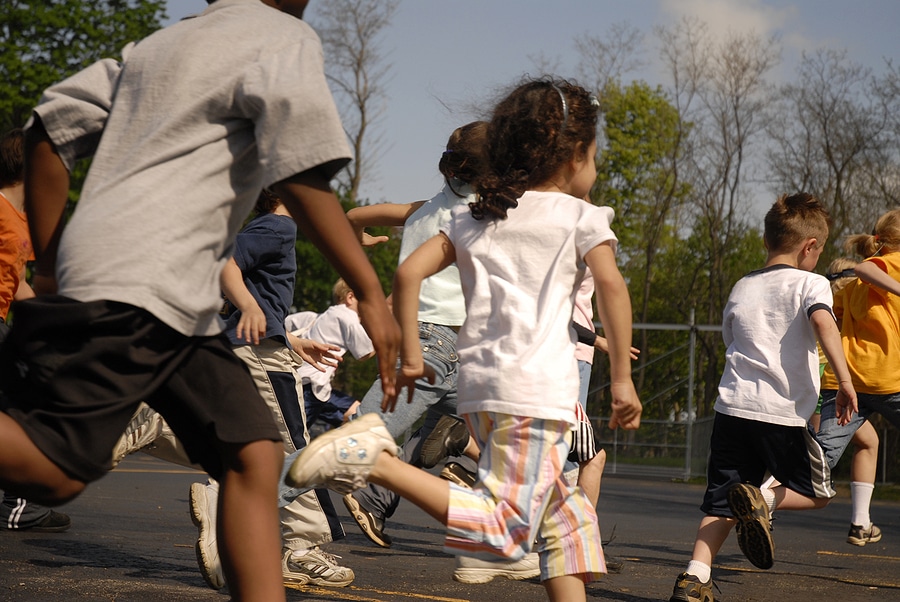
If you’ve got a younger year group or a class that’s only just getting started with the French language or culture, you might want to start them off with a couple of easy, traditional playground games that are played by French children. These are not that difficult to learn and only require a few small material items at most:
Bilboquet
This is, in essence, just a French version of the game Cup and Ball! It’s been a game in France since the 1500s, and – as you may be aware – it consists of trying to swing a ball on a string into an attached cup. To make it a bigger part of a French lesson than just the cultural connotations, you might think of turning the game into a counting game played in a group.
To play, everyone sits in a circle and takes turns attempting to swing the ball into the cup. The whole class can then count how many times the ball makes it into the cup, or how many attempts it takes to get the ball into the cup – in French or English, depending on the age of the group.
You may also wish to have a cut-off number of attempts before the toy is passed to the next person. Getting them to count up to ten in French is a good start!
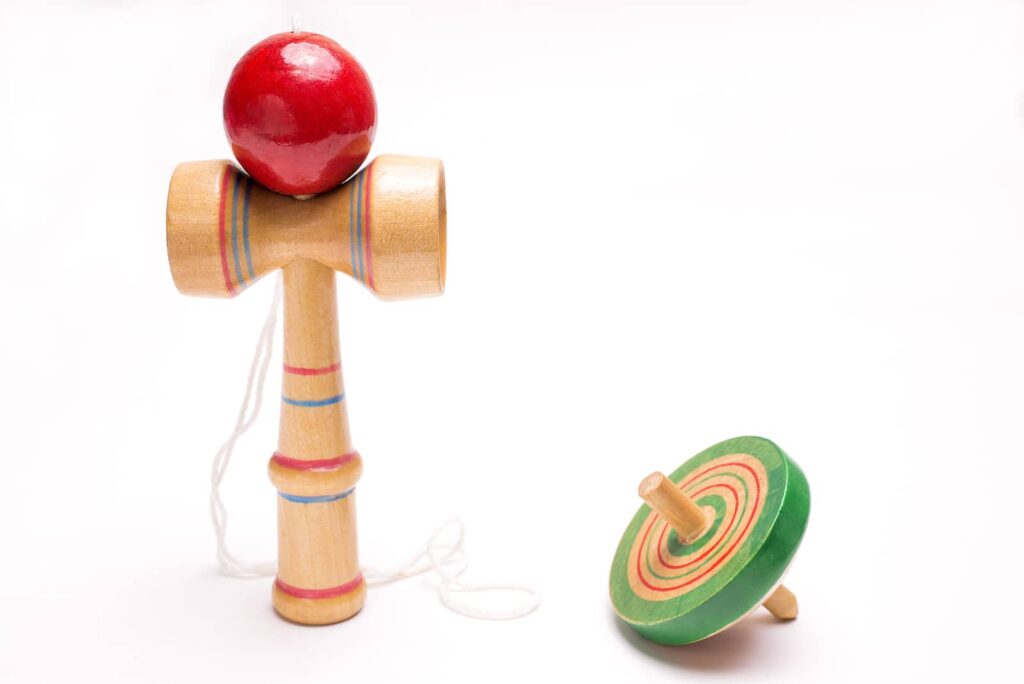
Jeu De La Barbichette
This game, which translates to “Game of the Goatee” in English, doesn’t need any materials. All you have to do to prepare is teach your class the accompanying song (you’ll find it here with an English translation) before you can get started.
We must warn you now that you might find this game a little bit bizarre. Players have to sit across from one another, maintain eye contact, and grab each others’ chins! They then have to hold onto their opponent’s chin for the duration of the game, including while they sing the song we mentioned before. Once the song is finished, the first person to laugh or smile loses.
The traditional “prize” for this game is that the winner gets to try and slap the loser, but we wouldn’t recommend teaching your kids that part!
French Playground Games for KS2 Kids

Naturally, your KS2 kids are going to be ready to take their language and culture lessons up a notch. They’re also going to have had some practice developing certain skills, such as their aim, balance, and hand-eye coordination, as well as memory, counting, and problem-solving.
As a result, they will be ready to try a few different games that you might not yet think of playing with younger pupils, such as the following:
Escargot
This game’s name of course means “snail”; that’s right, France’s association with snails goes beyond simply eating them!
Escargot is historically one of the most traditional French games you will find still being played. It’s a variety of hopscotch that dates back to ancient times, and instead of drawing a grid to play the game upon, you will need to begin by drawing a snail. The snail is then divided up into around 15 to 20 squares.
To play the game, players will have to take turns hopping along the snail on one foot to the centre. Once they reach the centre they are allowed to claim a square of their choosing by marking it with their initials in chalk. Other players will then have to hop over this square without touching it when taking their turn to the centre – or else they’ll lose the turn.
The more squares that are claimed, the harder it is to get to the centre, and the player with the most squares once the snail is full wins!
A tip for playing this game: if you have a class of more than 20, you might want to draw several snails and split them up into smaller groups. You can also number each of the snail’s squares, and encourage your pupils to say the corresponding number aloud in French when they go to claim the square they want.
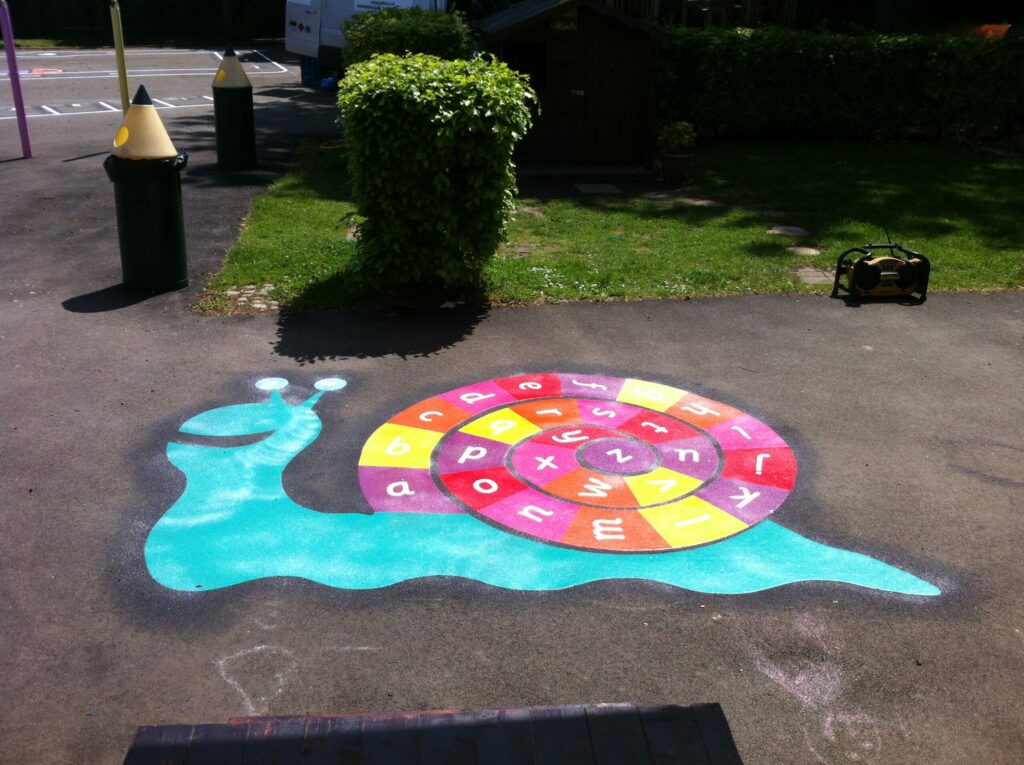
Pétanque
Pétanque is a staple game in parks and playgrounds across France and has been since its invention in the town of La Ciotat in Provence in 1907. You may also know it as “boules” because “boules” (pronounced bool in French) means “balls”.
If you happen to know the game, you will already know what you need: one small ball, also called the “jack”, and eight larger balls. These are normally made out of metal, but for safety you might also think of getting packs that are simply hard plastic.
Your class will need to be divided up into two teams or more, depending on how many packs you have available. One player will then be chosen to throw the jack so that it lands a short distance away and is officially “in play”. The teams will then take turns throwing the larger balls (underarm, so they roll), to see who can get their ball closest to the jack.
Pétanque is played in several rounds and, at the end of every round, the teams get a point for each ball they get closer to the jack than their opponents. This is made more complicated by the fact that teams who go later have the chance to knock already-thrown balls out of the way!
Les Loups-Garous de Thiercelieux
Les Loups-Garous de Thiercelieux, which is also known in English as “The Werewolves of Miller’s Hollow”, or just as “Loup-Garous” (which means “Werewolves”), might have only been invented in 2001 but has become a firm favourite. It’s a role-playing game that doesn’t need any extra materials, other than perhaps a copy of the card game if you’d like to have the full list of rules or think that your kids might forget what their task in the game is.
The game can be played with your whole class (and teachers and assistants joining in!), and the rules are loosely based on the game Mafia, with extra steps to give it more of a “Medieval Europe” feel and to allow those playing as “werewolves” to operate during the “night” stages and those playing as “villagers” to operate during the day.
The basic aim of the game is simple on both sides: to eliminate the other side and be the team that wins. This will involve the werewolf team “eating” villagers during the nighttime stages, while the villagers have to use their skills of deduction to work out who the werewolves are during the day and, ultimately, wiping the werewolves out. They will do this by guessing who is a werewolf and voting on who to send out of the game.
The game continues until all of one side has been sent out. Then either the villagers or the werewolves win!
Have Fun with French Playground Games!
If you’ve been looking for fun ways to engage your kids and get them interested in learning French and understanding French culture, you won’t find a better place to get started! We can help you if you’d like to make a part of your playground a permanent place to play French games by creating bespoke playground markings and lines to help make it happen. From flags of the world to lines and markings for pétanque, we can get a playground prepared in time for your language lessons to start.
We’ll be happy to work weekends, and around break and lunchtimes, to ensure your markings are in place when you need them. We also understand that you are very busy, so we’ll do everything we can to make sure the process is completely stress and hassle-free. This leaves you with more time to focus on teaching your students. All you’ll have to do is speak to us on the phone or contact us via the button at the bottom of this page to let us know when you’d like us to arrive, so we can get a date sorted. À bientôt!

